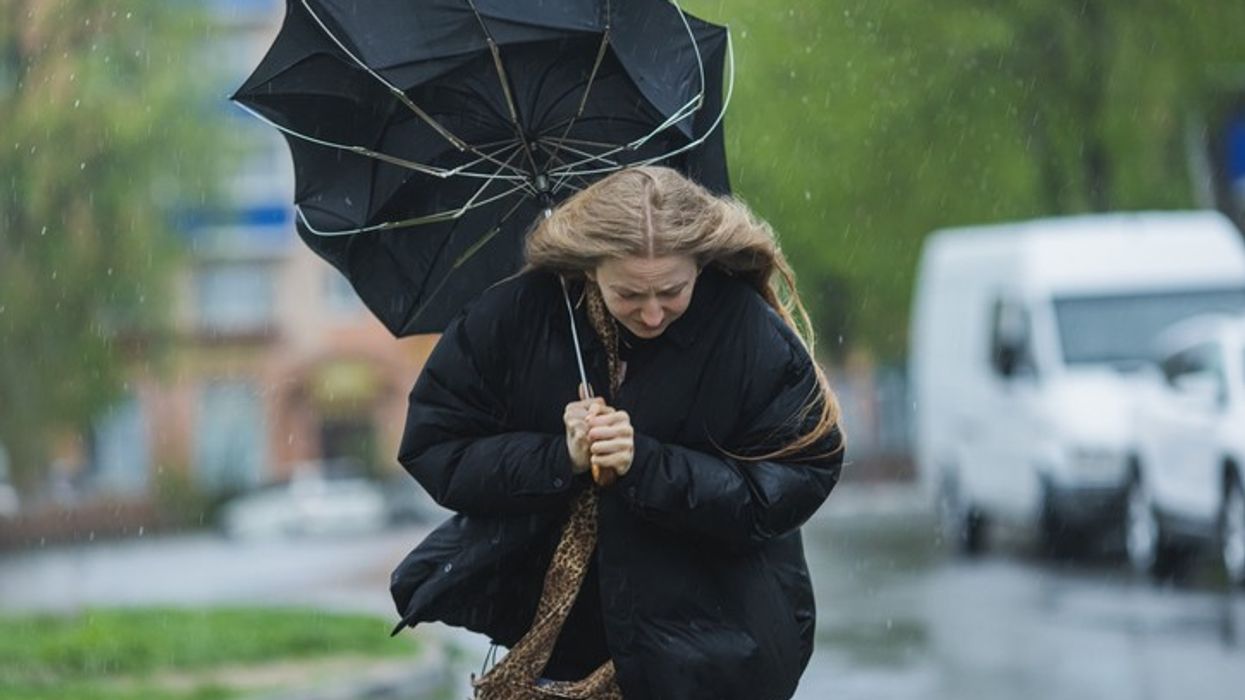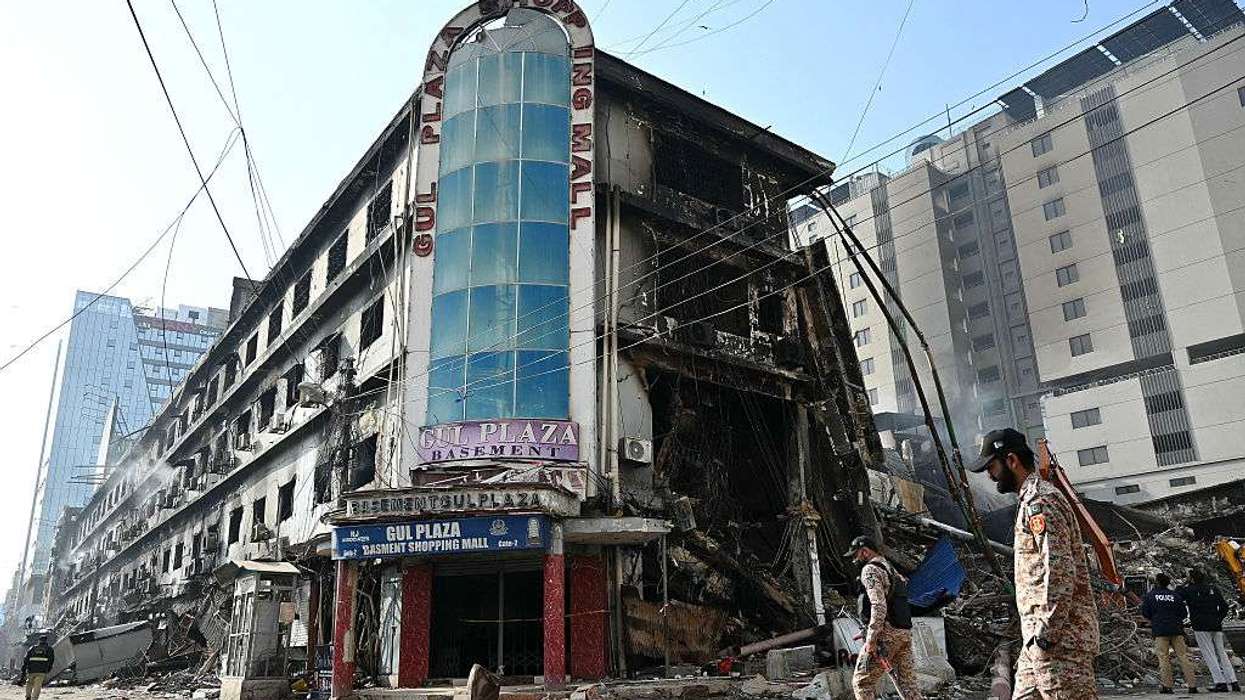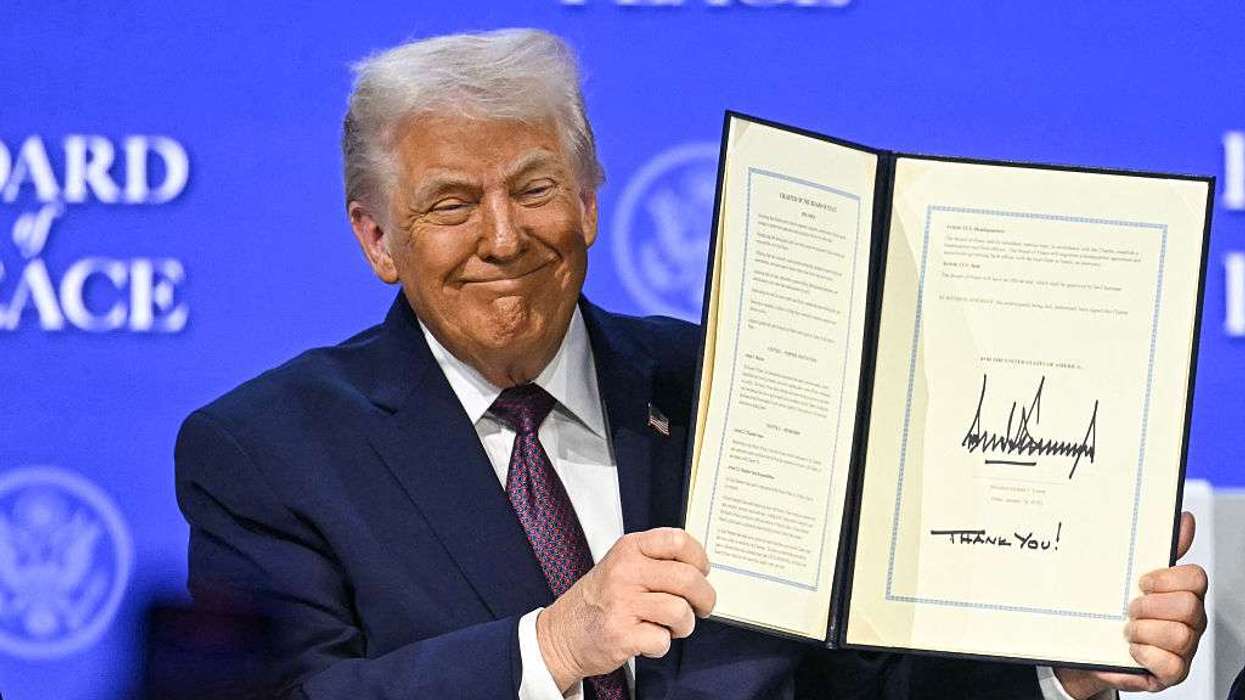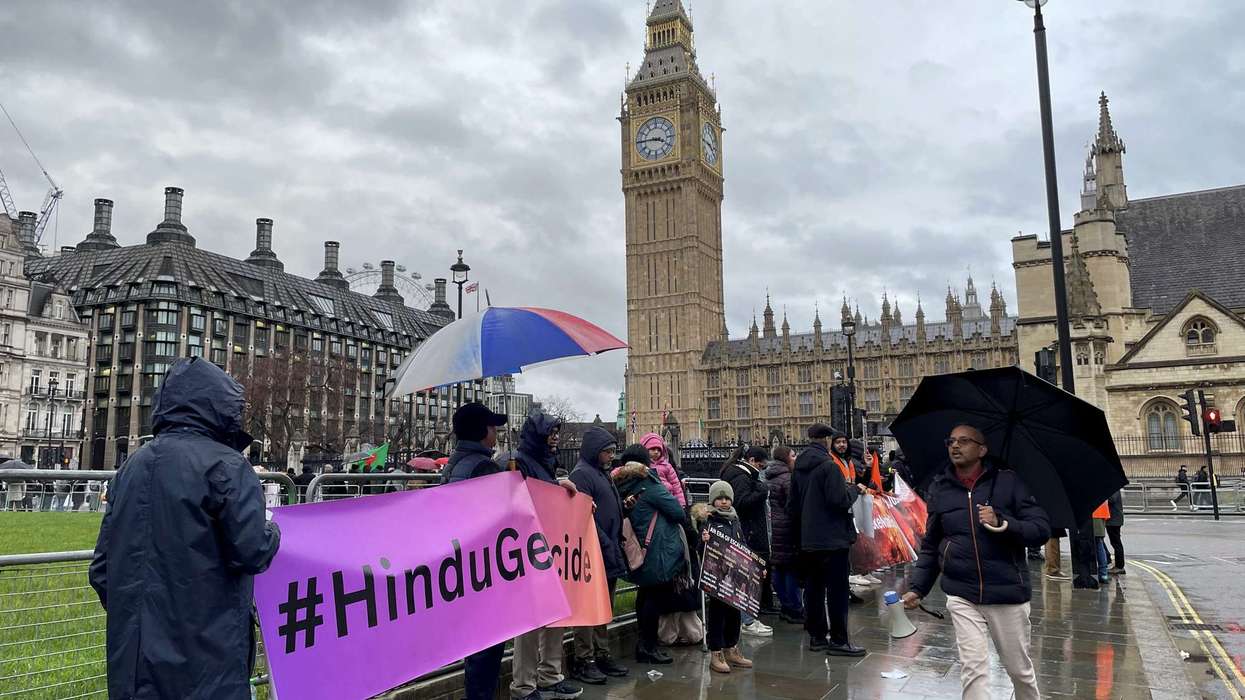A yellow weather warning for thunderstorms has been issued by the Met Office for large parts of southern England, the Midlands, and south Wales, with the alert in effect from 09:00 to 18:00 BST on Saturday, 8 June.
According to the UK’s national weather agency, intense downpours could bring 10–15mm of rainfall in under an hour, while some areas may see as much as 30–40mm over a few hours due to successive storms. Frequent lightning, hail, and gusty winds are also expected to accompany the thunderstorms.
The Met Office has cautioned that these conditions could lead to travel disruption. Roads may be affected by surface water and spray, increasing the risk of delays for motorists. Public transport, including train services, could also face interruptions. Additionally, short-term power outages and damage to buildings from lightning strikes are possible in some locations.
This weather warning for thunderstorms comes after what was the driest spring in over a century. England recorded just 32.8mm of rain in May, making it the driest on record for more than 100 years. Now, forecasters suggest that some areas could receive more rainfall in a single day than they did during the entire month of May.
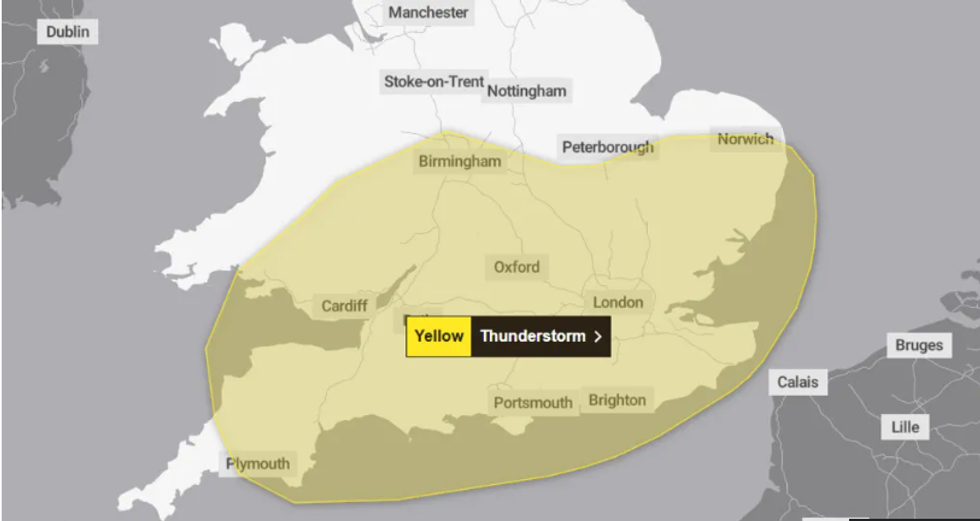
June has so far brought cooler, wetter, and windier conditions than usual, following a record-breaking dry period. The Met Office noted that thunderstorms are particularly difficult to predict because they are small-scale weather systems. As a result, while many areas within the warning zone are likely to experience showers, some locations may avoid the storms entirely and remain dry.
The thunderstorms are expected to subside from the west during the mid-afternoon, reducing the risk in those areas as the day progresses.
Other parts of the UK are also likely to see showers on Saturday, but these are not expected to be as severe as those in the south.
Yellow warnings are the lowest level issued by the Met Office but still indicate a risk of disruption. They are based on both the likelihood of severe weather and the potential impact it may have on people and infrastructure. Residents in affected areas are advised to stay updated and take precautions where necessary.
